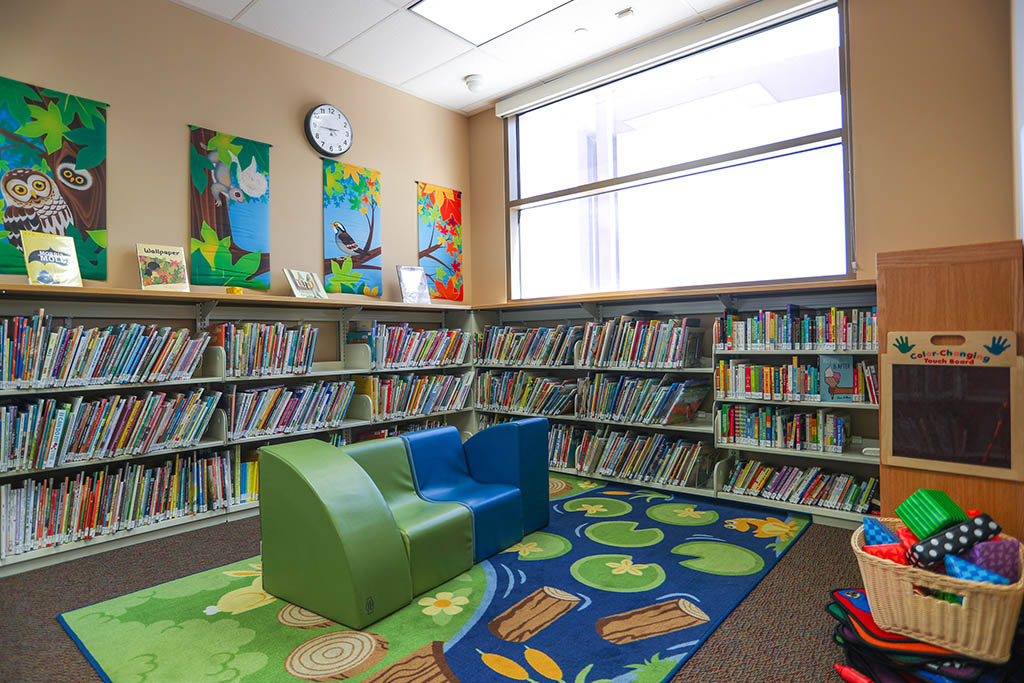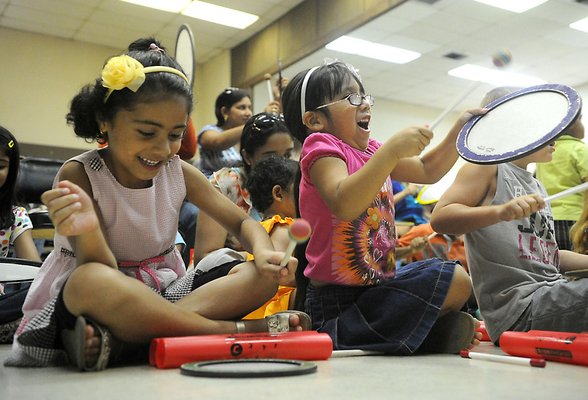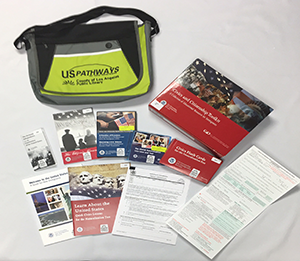Warrior Daughter
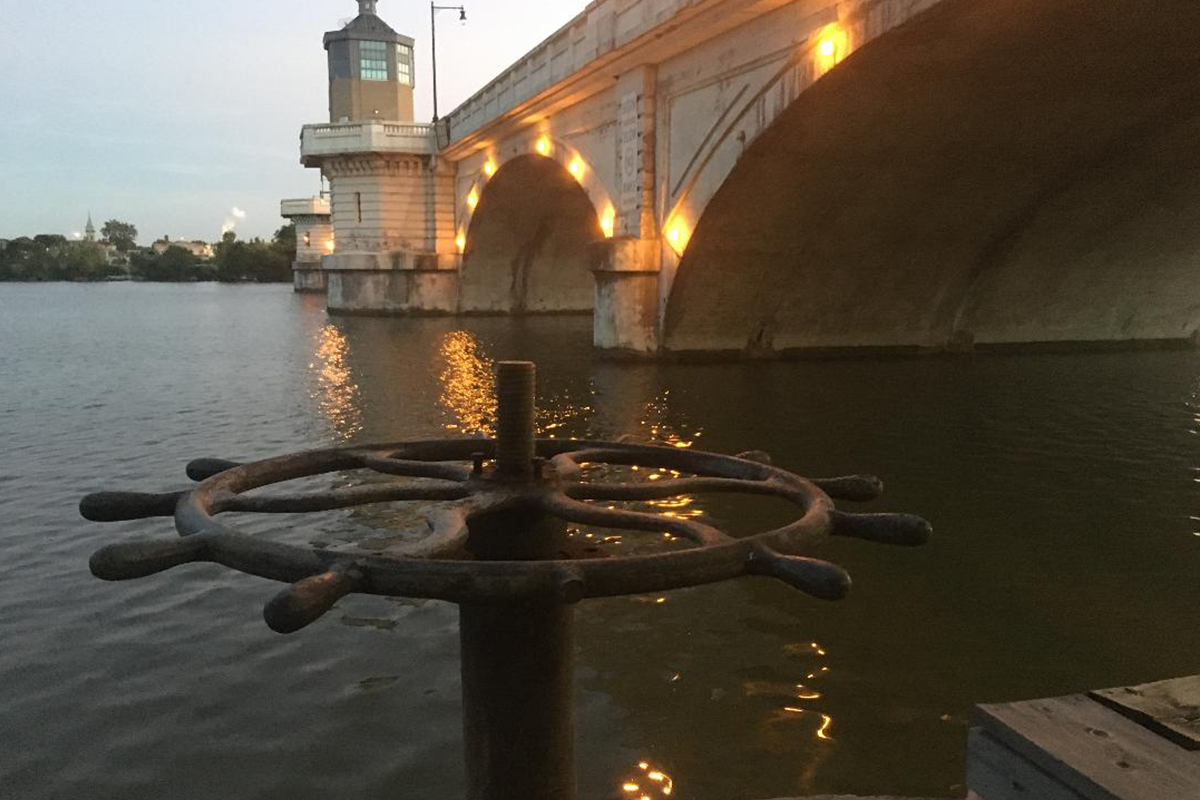
In the last years of my mother’s life, I had dedicated myself to helping keep her alive. I wanted to study engineering and aviation. Yet our Mexican–Catholic culture kept me stuck in servitude as I took care of my mother instead. By now, she existed in a miserable murkiness of despondency and corrosion from complications of diabetes. My three older brothers did not help.
She had an iron constitution and was used to being the general in command, always running the house without anyone’s consent. She controlled my apparel, whom I could speak to on the phone, where I could go, and how I spent my time if I was not at my job or at school. Every aspect of life was monitored and approved by her. I hated my life of servitude. She had arranged my marriage to a young man without my consent. His name was Cesar.
I had met Cesar through a mutual friend from grade school the summer before my freshman year of high school. While we secretly chatted on the phone one evening, my mother grabbed the phone, told him I was not allowed to have any boyfriends, and he could return on graduation day if he was interested. To my surprise, he showed up four years later at the graduation ceremony and we began to date soon after. It didn’t last long.
During my junior year in high school, I had discovered my mother putting birth control pills in my food, because there was a boy interested in me. Now, at eighteen, I discovered her doing it again because I was dating Cesar. I was furious. She had told me that since I was going to marry Cesar, I should get used to using preventative measures and wait on having children. I hadn’t spoken to Cesar of marriage. He had spoken to my mother only, and they took it upon themselves to make wedding arrangements without my consent. I told her I wasn’t going to marry Cesar or anyone else. And that ended it.
Cooking, laundry, maintaining the home, working part-time and attending college full-time was the rhythm of my life from 19 to 22. For an entire year, I awoke at 2 a.m. daily giving her medicine to help her make it through the rest of the night; she required fifteen pills around the clock to stay alive. I slept four hours a night with no social life, no free weekends, no holidays and no romantic connections. The exhaustion and lack of sleep affected my grades. I went on academic probation. This hurt me. I loved learning yet couldn’t tell anyone about my dilemma.
She went blind and needed dialysis on Mondays, Wednesdays and Fridays. A side effect that diabetics suffer is thirst, but I could only give her a few ice cubes at a time Because too much liquid caused her to feel like she was drowning, forcing us to rush to the E.R. for dialysis treatment. She threw frequent tantrums filled with profanity, and her screaming would echo throughout our little home.
“You don’t love me,” she would scream. “You want to kill me.”
She had to learn how to eat without sight, and many times I found myself dodging plates, cups, spoons and forks thrown my way out of frustration. That was compounded with outbursts of yelling, vulgarity, and sobbing. I was alone with her most of the time when these would occur. My father was at work, and I didn’t know who I could ask for help. When it was my turn to accompany her for dialysis treatment, it was agonizing to watch her suffer for three hours, while her skin turned pale white or charcoal black. I tried to comfort her. The treatment ignited hot flashes or caused chills.
Three times she experienced a code blue at the hospital and was resuscitated. She worsened every time she returned from the dead. I could hear her shouting my name down the ward on my visit, my heart would race, and my hands would begin to sweat, and chills ran down my back with embarrassment and fear. Every nurse in the unit sighed with relief as I approached her room, knowing the yelling would stop once she heard my voice. My father and I were by her side, exhausted, frustrated and praying that this nightmare would stop.
I hungered for life as a woman as I was turning 22 that July. I was craving a tender touch and the warmth of another. I met Belinda in my journalism class during the spring semester of that year. She was intelligent and witty and had a good body. I like smart women. I was helping Belinda paint her living room and dining room that summer. I began coming home a little later as the weeks passed. I remember coming home one late September night from a date. A knot formed in my gut and my hands began to sweat as I saw my father looking through the living room window. I heard my father telling my mother something. I felt the tension vibrate as I walked into the house.
“Que hora es para llegar a casa?” She yelled.
“I was out with a friend and we went out to eat.”
She rose to her feet, followed my voice and felt her way to where I was standing a few feet from her seat. As she felt my face, she began to beat me repeatedly, calling me a whore and saying she would throw me out of the house. She said she didn’t want any women like me living under her roof. If my father hadn’t stopped her, she would have killed me. I lost all my respect and love for her in that moment. I felt buried alive.
I called my youngest brother and asked him to pick me up and take me to his house for the night. Once we arrived, I had a good cry as he gave me a much-needed hug and told me that all would be fine in a few days. Two hours later, my mother called and said that she was very sorry and asked me to return home. I stayed at my brother’s house for a few days and moved out of my parent’s house that weekend.
I packed the few things I owned into Belinda’s car. As we drove off, my two older brothers followed us, realizing I was involved with a woman. As we reached Belinda’s driveway, one of them began to yell at her, threatening her life.
Living with Belinda, I had left one hell and walked into another. She was a serious alcoholic, prone to jealous tantrums. She beat me and stalked me and made harassing phone calls to me at work. I sometimes had to wait until 1 or 2 in the morning at the local donut shop, knowing that by then she would be stone drunk so I could go home to sleep a couple of hours before I had to get up again. She and my mother loathed each other. I never had peace. My mother and two older brothers called day and night. My brothers threw bottles and eggs at our front door. I called the Sheriff’s Department, who threatened my family with a restraining order and arrest.
Until this point, my three brothers and I were raised equally, but the two older boys were from my mother’s first marriage. My father had raised them as his own. As the two older brothers continued their evil ways, I lost respect for them and considered them my mother’s sons and not my brothers. They had told me that I would never amount to anything since I was gay and that I was killing my mother by coming out of the closet. I was the favorite aunt and adored all of my nieces and nephews but, these two told me that I couldn’t be near their kids since I could give them AIDS. This broke my heart.
I never went back to live with my parents. But I kept helping them with the usual upkeep of the house four times a week. I did it more to help my father. On one of my visits, my mother’s desperation reached a breaking point as she kneeled in front of me while sobbing hysterically asking for my forgiveness. She kissed my feet and begged me to move back. I froze in disbelief, holding my composure and tears. I said, “No. I can’t. I have another life now, but I’ll keep coming to help you and Dad.”
Toward the end, I hated being near my mother and felt ill any time she expressed affection. She hated homosexuals. We argued. Gays deserved the AIDS virus, she said; they were sinning as God was working it out for them to repent. After those arguments, I visited the E.R. for a sedative.
She died in November 1987, as we both struggled to communicate without ever finding peace or the love of a mother and daughter. I was 23 and she was 54.
One time while donating blood to the Red Cross, I was asked what I would do if I won the lottery. I would pay for therapy for everyone in my family, I said. But I stay away from my brothers. I see them only at funerals or weddings.
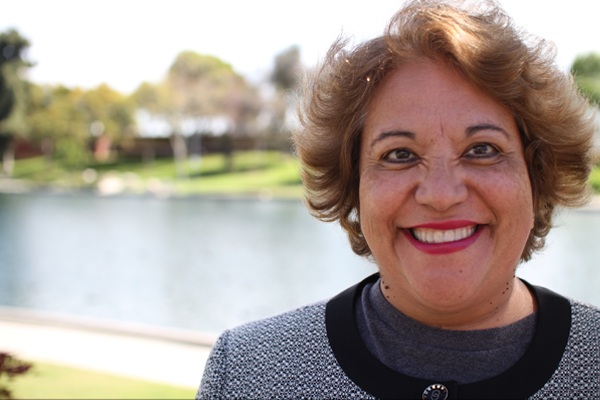
October 23, 2017








